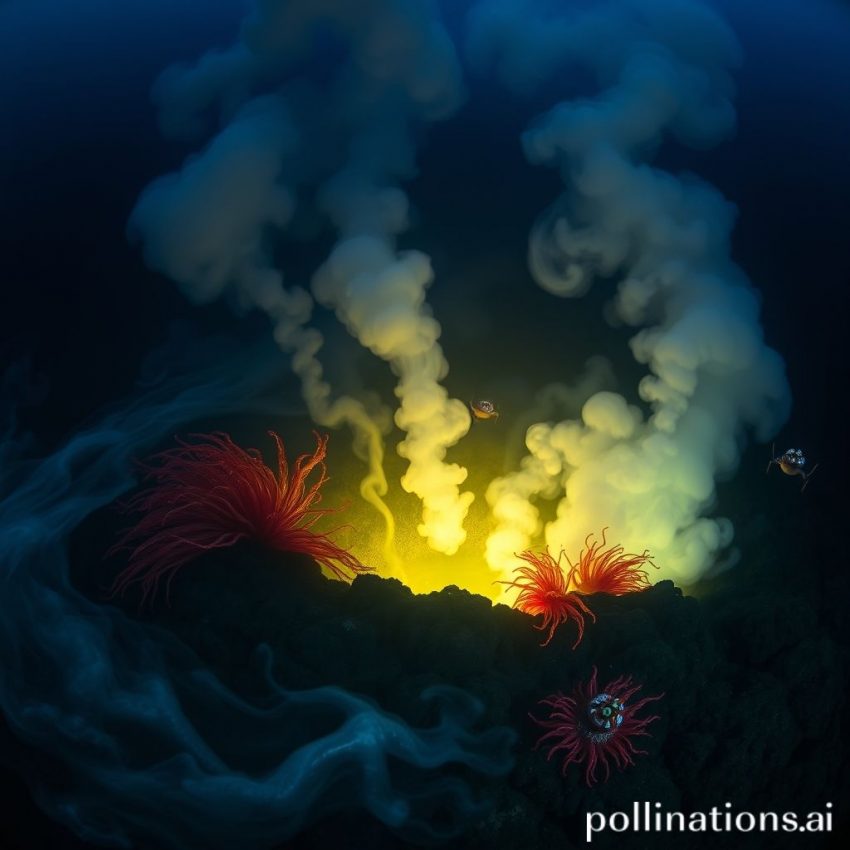Scientists Recreate the Conditions That Sparked Complex Life
In a groundbreaking experiment, scientists have recreated the conditions that are believed to have sparked the evolution of complex life on Earth. The team of researchers, led by Dr. Sean Crowe of the University of California, Berkeley, published their findings in the journal Nature.
The Puzzle of Complex Life's Origin
One of the greatest mysteries in biology is how complex life, such as plants, animals, and fungi, evolved from simple single-celled organisms. The fossil record shows that complex life emerged around 540 million years ago, but scientists have struggled to explain how this remarkable transformation occurred.
The "Origin of Life" Experiment
Dr. Crowe and his team hypothesized that complex life originated in hydrothermal vents, volcanic fissures on the ocean floor that release hot, mineral-rich water. They constructed a laboratory experiment that mimicked the conditions found in these vents, including high temperature, pressure, and chemical gradients.
Promising Results
To their astonishment, the researchers observed that simple organic molecules in the experiment spontaneously assembled into complex structures resembling primitive cells. These structures exhibited many of the characteristics of living cells, such as a membrane, cytoplasm, and DNA-like molecules.
A New Path for Evolution
The experiment suggests that hydrothermal vents may have played a crucial role in the emergence of complex life. The extreme conditions in these vents provided an environment where organic molecules could undergo chemical reactions that were impossible elsewhere on Earth.
Implications for the Search for Extraterrestrial Life
The findings also have implications for the search for extraterrestrial life. Hydrothermal vents are not unique to Earth, and they may exist on other planets and moons with oceans. This means that the conditions that sparked complex life on Earth may also be present elsewhere in the universe.
Conclusion
Dr. Crowe's experiment offers tantalizing clues about the origins of complex life. The results suggest that the conditions in hydrothermal vents may have been essential for the emergence of the first living cells and that the search for extraterrestrial life should focus on environments with similar characteristics.
As scientists continue to explore the mysteries surrounding the origin of life, this experiment provides a promising new avenue for understanding how the incredible diversity of life on Earth came into being.

